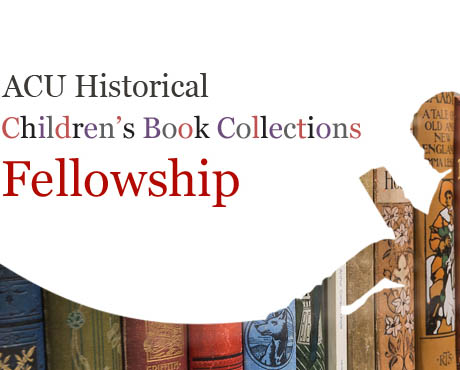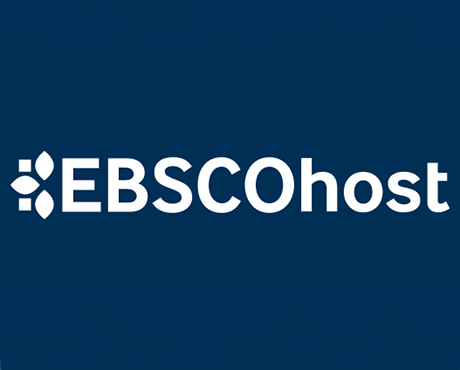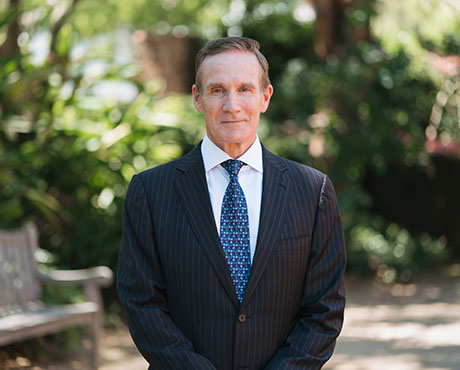
Have you visited Viva Engage yet?
News 16 DecemberViva Engage is here. Access it easily via Microsoft Teams.
05 October 2022
Share
A message from Executive Dean of Theology and Philosophy Professor Dermot Nestor.
When one has lived with prophecy for so long, the moment of revelation is a shock …
Frank Herbert, Dune (p.55)
Faculty success in the recent round of Australian Research Council funding (congratulations to Michael Hanaghan) highlights the enduring appeal of prophecy, prediction and prognosis. Leaving aside the irony that Australia is a country once described as having no vision for itself, ‘future thinking’ is not always an accurate or helpful descriptor of prophecy: a fact that exposes the frivolity of some modern appellations and alignments. The Hebrew term נבוא (Navi) that is conventionally translated as ‘prophet’ is better understood as designating a ‘spokesperson’; one who communicates the divine will.
How anyone might know the divine will and what might ensue when the prediction on which it is based comes to pass, or not, raises some intriguing philosophical and theological questions. The status of the prophet as intermediary however, provides for a more grounded type of analysis. Often inspired by ecstatic visions, the biblical prophets issued omen and admonition (Amos 4:2) designed to invoke change and inspire conversion. Such provocation was not offered from the margins of the society to which it was directed, but from within it. Such proximal sensitivity to cultural, political and religious realities, along with the traditions that informed them, meant the prophetic imagination was less concerned with future utopias then it was with contemporary institutional customs and conventions. The stimulus for future development came from an inspired understanding of the conditions of the present, not from beyond them.
Affirming the primacy of the present is neither concession to despair nor a symptom of that mental decline attributed to Hamlet’s Ophelia (Act IV, Scene 5). On the contrary, it is a powerful antidote to a naïve and dualistic religiosity; one that accredits wisdom to those who claim the material world is that which is merely apparent, beyond which lies that which is real. It provides a sobering reminder that one of the goals of life is not to transcend the obvious and objective but to engage with it, and to see within it the horizons of future possibility.
As we embark on the collaborative journey that will reformulate strategic priorities and shape the future of ACU, let us be reminded that the imagination, and the inspiration, required for the task be borne from, and give expression to, a deep understanding of our distinctiveness, our mission and our identity. To be what we may be, requires us first of all, to know who we are.

Viva Engage is here. Access it easily via Microsoft Teams.

A message from Interim Executive Dean, Faculty of Education and Arts, Professor Phil Parker

The library is supporting the ACU Historical Children’s Book Collections 2025 Fellowship. It is an opportunity to conduct research on our historical collection of children’s books, located at St Patri...

A new Adjunct and Honorary Titles Policy and Procedure has been approved and is now in effect at ACU.

Advance your career in teaching and learning with the Graduate Certificate in Higher Education. Enrol by 22 June to get started in Professional Term 5.

Include an additional survey item in the Student Evaluation of Learning and Teaching (SELT) survey for units that are offered in ACU Online Term 2 (202536).

On 24 June ACU will transition to the new EBSCOhost. This will result in a new look and feel across some of our most popular databases. Learn more about the changes and what action may be required of ...

Teaching staff are encouraged to check their units have been correctly linked to their names for the Student Evaluation of Learning and Teaching (SELT) surveys in upcoming teaching periods.

Please be aware of the following changes to payroll processing dates.

ACU has three student modules: the Academic Integrity, Respectful Relationships, and Protecting our Children modules. Semester 1 students must complete their modules by 1 July to access their results ...

As part of Student Administration's commitment to service excellence, AskACU will be running on-campus re-enrolment drop-in sessions in July, while CMAS enhancements will improve information available...

The Student News and Events bulletin is sent to all students, nationally, and includes a broad cross-section of news, announcements, events and stories from across the university. The May edition is o...

A message from the Chief Operating Officer Patrick Woods.

Register for these 15-minute sessions to learn more about the variety of online researcher profile platforms and what is involved in setting up, linking and updating your profile.

Lecturers-in-charge can make a direct determination of Poor Academic Practice (PAP) for students who engage in minor forms of academic misconduct. Learn why they can be valuable to staff and students.

A reminder to all academic staff that the mandatory Notice of Intent, for those intending to apply for promotion in the 2025 round, must be submitted by 11.59pm this Friday (30 May).

ACU is developing a new Education and Student Success Plan to ensure our university continues to provide a high-quality, student-centred learning experience. Find out how you can contribute to the pla...

Expect a few email notifications as we prepare to welcome you to Viva Engage next week.

Include an additional survey item in the Student Evaluation of Learning and Teaching (SELT) survey for units that are offered in Professional Term 4 (202547).

An update from the Executive Dean of Law and Business Professor Andrew O'Neil.
Visit Service Central to access Corporate Services.